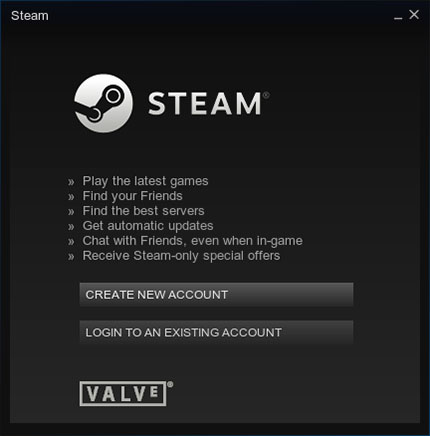How To Install Steam on Ubuntu 22.04 LTS

In this tutorial, we will show you how to install Steam on Ubuntu 22.04 LTS. For those of you who didn’t know, Steam is the most popular distribution service for video games and gaming platforms which is available across platforms and devices. With Steam, we can play games, chat with friends, broadcast, etc. It is developed by Valve Corporation.
This article assumes you have at least basic knowledge of Linux, know how to use the shell, and most importantly, you host your site on your own VPS. The installation is quite simple and assumes you are running in the root account, if not you may need to add ‘sudo‘ to the commands to get root privileges. I will show you the step-by-step installation of the Steam video game distribution service on Ubuntu 22.04 (Jammy Jellyfish). You can follow the same instructions for Ubuntu 22.04 and any other Debian-based distribution like Linux Mint, Elementary OS, Pop!_OS, and more as well.
Prerequisites
- A server running one of the following operating systems: Ubuntu 22.04, 20.04, and any other Debian-based distribution like Linux Mint.
- It’s recommended that you use a fresh OS install to prevent any potential issues.
- SSH access to the server (or just open Terminal if you’re on a desktop).
- A
non-root sudo useror access to theroot user. We recommend acting as anon-root sudo user, however, as you can harm your system if you’re not careful when acting as the root.
Install Steam on Ubuntu 22.04 LTS Jammy Jellyfish
Step 1. First, make sure that all your system packages are up-to-date by running the following apt commands in the terminal.
sudo apt update sudo apt upgrade sudo apt install software-properties-common apt-transport-https dirmngr ca-certificates gnupg2 curl
Step 2. Enable 32-bit support (Multi-Arch).
Multi-Arch helps the system to install packages and dependencies for both 32-bit and 64-bit architecture. As many games support 32-bit architecture, thus we need to enable its 32-bit support on Ubuntu before installing Steam:
sudo dpkg --add-architecture i386 sudo apt install wget gdebi-core libgl1-mesa-glx:i386
Step 3. Installing Steam on Ubuntu 22.04.
- Install Steam from the APT Ubuntu repository.
By default, Steam is available on Ubuntu 22.04 base repository. Now run the following command below to install the latest version of Steam to your Ubuntu system:
sudo apt install steam-installer
- Install Steam from the official Steam package.
Now we download the official Steam installer package from the official page:
wget -O ~/steam.deb http://media.steampowered.com/client/installer/steam.deb
Once the download is complete, now install the downloaded Steam package using the gdebi command:
sudo gdebi ~/steam.deb
Step 3. Accessing Steam on Ubuntu 22.04.
Once successfully installed on your Ubuntu system, run the following path on your desktop to open the path: Activities -> Show Applications -> Steam or launching it through the terminal with the command shown below:
steam

Congratulations! You have successfully installed Steam. Thanks for using this tutorial for installing Steam online distribution platform games on Ubuntu 22.04 LTS Jammy Jellyfish system. For additional help or useful information, we recommend you check the official Steam website.